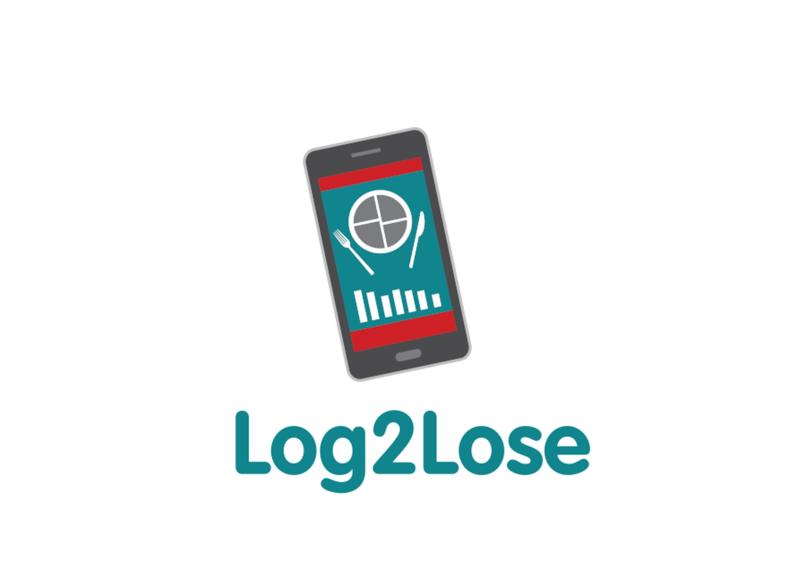
We hope this website provides the resources and structure you need to think through how to include older adults in your research study. The recommendations provide a good starting point in considering specific steps you can take. However, we also recognize that every study is unique, and the “one size fits all” approach does not work. To address this need for tailoring recommendations to specific studies, we designed a 5Ts consult. During a 1.5-hour consult, the 5Ts team leads a discussion using a standardized Inclusion Worksheet designed to elicit specific challenges related to each T and help the study team develop a plan to address them.
Most recently we conducted a 5Ts consult with the NIH-funded Log2Lose team, an exercise and weight loss clinical trial. As a first step, we encouraged the team to review the 5Ts self-guided slides prior to meeting so everyone could start with the same foundational knowledge. The second step of the consult involved meeting to review key questions on the Inclusion Worksheet, and collaboratively answering the questions. It was important to have the whole team together for this process, as every team member brings a different perspective. During the discussion, as one example, we learned that the study had an age cutoff of 70 years old to limit potential harm for frail older adults. This eliminates all potential participants over the age of 70. The third step focused on co-developing a plan. For the age cutoff we discussed how we may rethink it, while ensuring study participants are not put in a harmful situation.
As a result of the 5Ts consult, the study team removed the age cut-off and implemented alternative approaches to estimate potential harm or adverse events rather than using age as a proxy for risk. They have since enrolled participants over 70 years old as a result. Additionally, other accommodations were incorporated into the study as a result of the consult, such as ‘tech office hours’ to provide additional technological support for those who may need it. The Inclusion Worksheet can guide study teams in a conversation about study-specific challenges that may be unintentionally excluding older adults, and help develop a plan to address those challenges. Though every study is different, the recommendations on the 5Ts website provide a great resource to review as you are developing a plan to address identified challenges.
